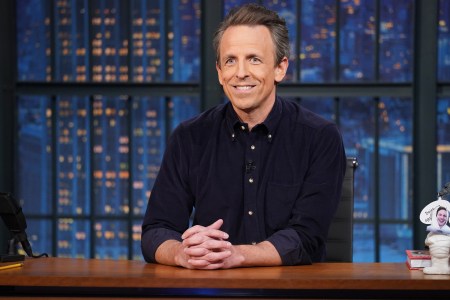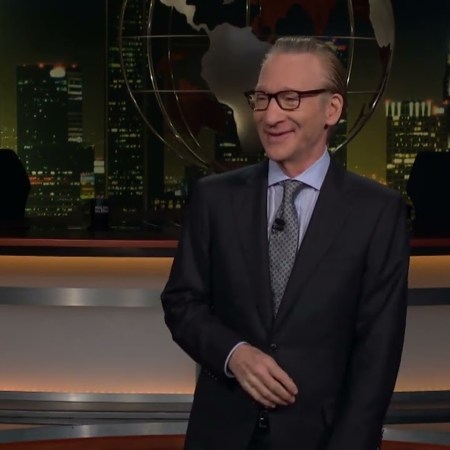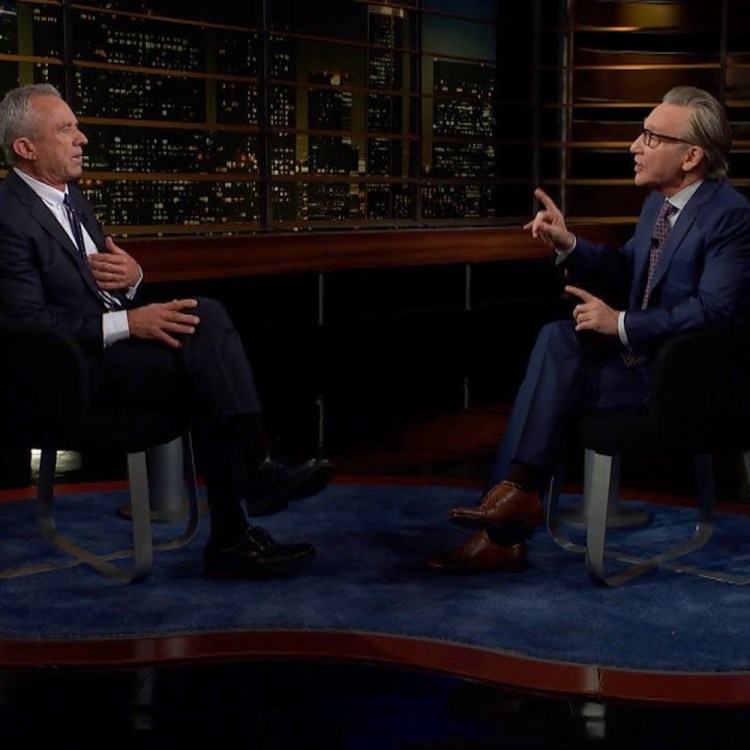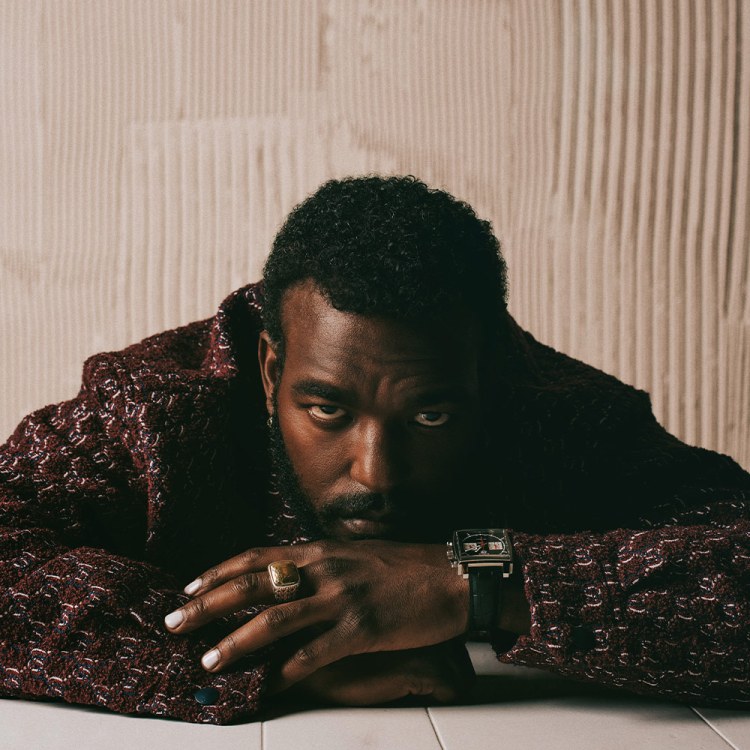For the second time since the end of the WGA strike, Real Time With Bill Maher’s first guest was someone who sought their party’s Presidential nomination in 2024. In September, that hopeful was Florida Governor Ron DeSantis; this week, it was Minnesota Representative Dean Phillips. Throw in Andrew Cuomo, who said last week that he would have entered the Democratic primary had he not resigned as governor of New York, and you have the makings of a trend.
Politicians have frequented Maher’s show, but there was something about both DeSantis and Phillips that suggested that they saw Maher — and, by proxy, his audience — as a constituency worth pursuing. DeSantis emphasized his anti-woke credentials to Maher; Phillips alluded to seeking Maher’s endorsement. That brought some disbelief from the host. “I never heard of you before last week,” Maher said.
Phillips was quick to reply. “You and 300 million Americans,” he quipped.
The other thing that made Phillips’s appearance interesting was his running theme that he was only making a primary challenge against a sitting President because no one else would. “If you had the power to appoint someone to do this job, of running as the Democratic nominee and getting the nomination from Biden, who would it be?” Maher asked. Phillips was quick to respond, “You.”
(That said, he did point to Gretchen Whitmer as his ideal candidate to seek the Democratic nomination.)
Phillips’s mood overall was relatively jovial, which included a brief celebrity impression moment. “The [attack] that’s hurting really badly — people are saying I look like you,” Phillips said. He then donned a pair of glasses that resembled Maher’s and adjusted his posture to emulate that of the host.
Maher noted that when politicians appear on his show, they tend to be either retired or relatively early in their careers; he argued that this made for honesty. Still, Maher’s positions (and that of his audience, based on the cheers he tends to get) suggest that he might have more of a constituency than he’s willing to admit to — a kind of inverse of the “Barstool Conservatives” that showed up a lot in thinkpieces published around 2020.
Is there an audience that considers themselves left-of-center, anti-woke and vaccine-skeptical? Maher’s last words to Phillips seemed telling: “My friend Woody Harrelson said to say hello.”
It’s worth noting that Maher’s first question to frequent guests Fareed Zakari and Ian Bremmer on the evening’s panel was about what they thought of Phillips. For his part, Bremmer seemed impressed with Phillips’s honesty — citing his response in particular that he’d prefer to see Gretchen Whitmer run.
Later in the panel discussion, Bremmer hearkened back to Phillips’s suggestion that Maher run for office. “You just have to run as a Republican,” Bremmer said.
“Well,” Maher replied, “that’s definitely not going to happen.”
Could 2023 Be the Year Late-Night Talk Shows Become Obsolete?
Look for some big changes to the television staple this yearSome other notable moments from the episode:
- Maher on House Speaker Mike Johnson: “No bank account, no savings account — what is he, a pimp? That’s what we need — a Speaker of the House who’s off the grid.”
- Maher on Sam Bankman-Fried: “It’s hard to get outraged for his victims. ‘That magic bean salesman took my money and never came back!’”
- The panel discussion largely focused on the Israel-Hamas war, with both Zakaria and Bremmer offering thoughtful commentary on it with an understandable level of gravitas.
- Gradually, the topic shifted to social media and disinformation, which led Maher to revisit a particular grip of his: “The phone makes you shady, needy, fake, mean, passive-aggressive…”
- I don’t have a lot of notes on Zakaria and Bremmer’s conversation, in part because it was a thoughtful, wonkish chat about both domestic and foreign policy. Nothing terribly outrageous was said; in this case, that’s a good thing.
- Maher on food during New Rules: “Someone has to explain why there’s still a candy called Sugar Daddy.”
- The bulk of New Rules, however, focused on Maher defending the Western intellectual canon, touching on everything from university courses to the legacy of Genghis Khan.
This article was featured in the InsideHook newsletter. Sign up now.

























